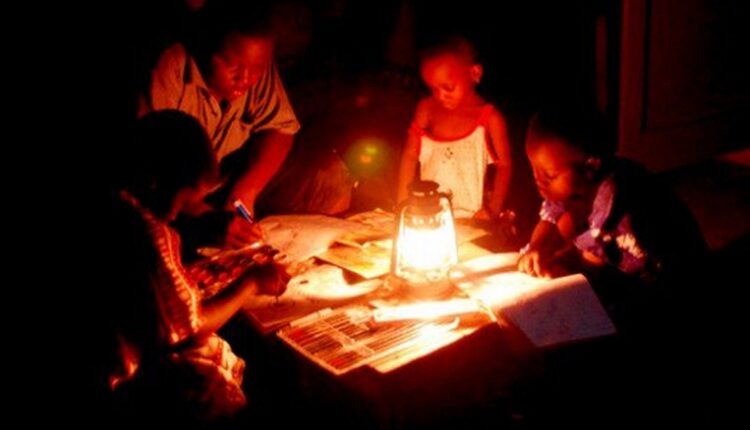Don’t blame dumsor on WAPCo gas challenges – IES to ECG, GRIDCo
A research and policy analyst at the Institute for Energy Security (IES), Xatse Derick Emmanuel, has said that Ghana’s power crisis is not a recent development but rather predates the current gas supply challenges announced by West African Gas Pipeline Company (WAPCo).
According to him, the country has been dealing with a power generation deficit of approximately 600 MW since the start of the year.
M Xatse’s comments follow a joint statement by the Ghana Grid Company (GRIDCo) and the Electricity Company of Ghana (ECG), which informed the public of potential power supply interruptions (dumsor) due to a reduction in gas supply from Nigeria.
According to the West Africa Gas Pipeline Company (WAPCo), the reduction in gas supply is due to maintenance works being conducted by a gas supplier in Nigeria, projected to last three weeks.
The joint statement further said that this maintenance has resulted in a decrease in overall power generation capacity in Ghana, potentially necessitating load management during this period.
Responding to these claims, Mr. Xatse said that most of Ghana’s thermal plants can operate on alternative fuels such as Light Crude Oil, Heavy Fuel Oil, or Liquefied Petroleum Gas, aside from the Sunon-Asogli Power and AMERI plants, which rely solely on natural gas.
“From January 2024 to June 4th, 2024, Ghana experiences a ‘dumsor’ of about 600 MW. With the new deve pment, WAPCo has announced a gas supply challenge, causing ECG and GRIDCo to issue a joint press release; the end effect is that Ghana will experience more dumsor, meaning there will be a deficit in power generation beyond 600 MW. The other good new is that the thermal plants can operate on Light Crude Oil (LCO) or Heavy Fuel Oil (HFO).
“Apart from Sunon-Asogli Power (SAPP) and AMERI, which rely only on Natural Gas, the rest operate on either HFO, LCO, or LPG. Therefore, with pr per financial capacity, Ghana should be able to generate enough power to meet its peak demand. Ghana has an insta led generation capacity of 5,194 MW, excluding embedded generation, which correlates to a dependable capacity of 4,756 MW. This means that Gh na should be generating enough power to exceed its peak demand.
“… In conclusion, ECG and the government should not ascribe the dumsor to WAPCo’s gas supply challenges because we have already been generating power at a deficit of 600 MW even though WAPCo’s gas supply challenges will worsen the dumsor situation, but not when the majority of the thermal plants can operate on either HFO, LCO, or LPG in place of Natural Gas,” excerpts of the statement said.
Read the IES full statement below;
[gview file=”https://www.theghanareport.com/wp-content/uploads/2024/06/DUMSOR-PREDATES-WAPCOS-GAS-SUPPLY-CHALLENGES-XATSE-DERICK-EMMANUEL-IES.pdf”]



